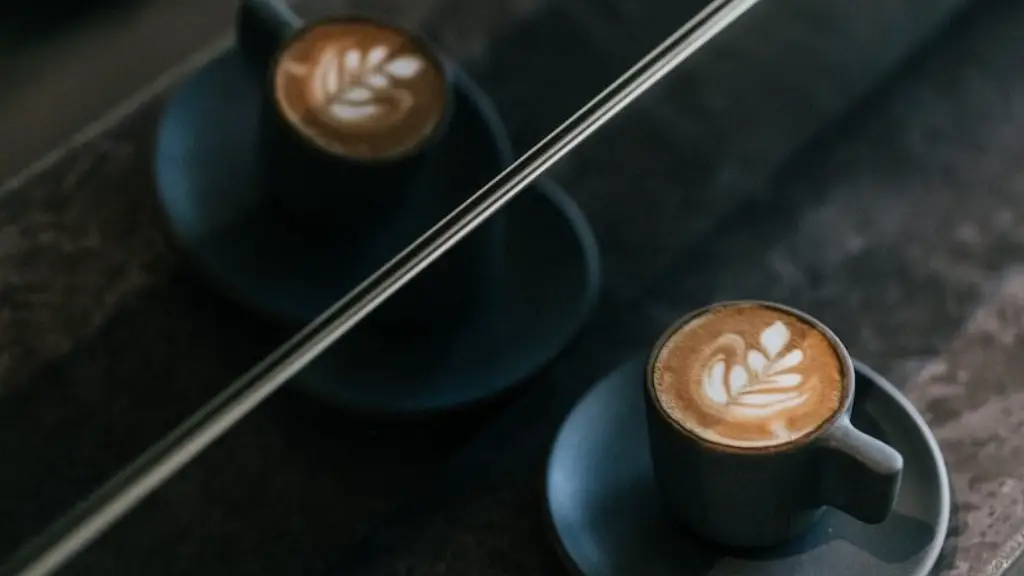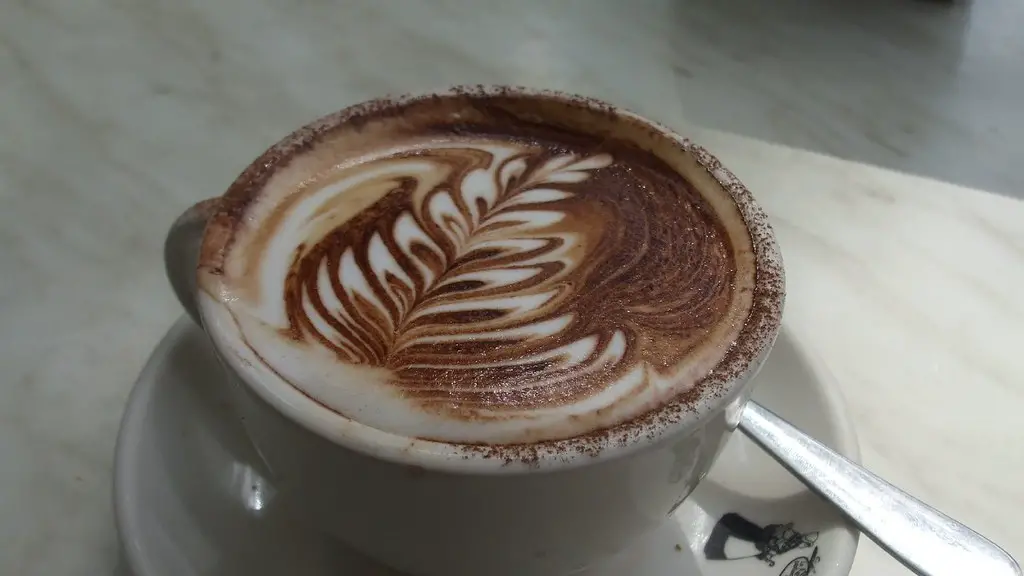Caffeine’s Interaction With the Body
Caffeine is one of the most widely consumed substances around the world today, and is frequently found in coffee. It is known to cause increased alertness and heart stimulation, sometimes resulting in palpitations. Caffeine is a stimulant and when it’s consumed in high doses, it can cause a surge in adrenaline which leads to heart palpitations.
However, not everybody experiences palpitations after drinking coffee or other caffeinated beverages. Those who are more prone to heart palpitations can experience it after drinking even a small dose, because it affects people differently based on their individual body chemistry. The most common symptoms of caffeine sensitivity are palpitations, anxiety, jitteriness, headaches, increased urination, and insomnia. People who have existing heart health conditions such as high blood pressure, arrhythmia or any kind of heart valve disorder are also more likely to experience palpitations after drinking coffee.
The Effects of Drinking Too Much Coffee
Drinking too much coffee can contribute to health problems such as anxiety, insomnia, upset stomach, and high blood pressure. Additionally, when consumed in high doses, there is a risk of developing an addiction. Coffee is a psychoactive drug and many people develop a dependence on it, requiring more and more caffeine to get the same effects. As such, it is not recommended to drink more than two cups of coffee per day.
In order to reduce the risk of experiencing palpitations after drinking coffee, it is important to limit the amount consumed and be mindful of the other ingredients in the drink. Many coffee shops serve beverages with added sugar, milk and other flavorings which can further contribute to heart palpitations. People who experience palpitations after drinking coffee should avoid those types of drinks and opt for black coffee instead or switch to decaffeinated beverages.
Replacing Coffee With Other Substances
One way to prevent further heart palpitations after drinking coffee is to replace it with other substances such as green tea, herbal teas, or other natural beverages. Green tea is a great alternative to coffee as it contains less caffeine and is rich in antioxidants, which can reduce inflammation in the body. Herbal teas are also a great option and can offer different health benefits depending on the type of tea selected. Additionally, many people find that drinking water can be relaxing and stimulating for the heart, and thus can be used as an alternative to coffee.
Meditating and Practicing Relaxation
Heart palpitations can be decreased through the practice of meditation and relaxation techniques. Breathing techniques such as ‘box breathing’ are known to help reduce anxiety and reduce the intensity of heart palpitations. Additionally, yoga and various mindfulness exercises can help address the stress and anxiety caused by palpitations.
Checking in With a Doctor
If the palpitations become too intense or occur frequently, it is recommended to seek medical advice. Although palpitations are not always caused by medical conditions, it is important to get checked out to rule out any underlying issues. Additionally, a doctor may be able to prescribe a medication to help control heart palpitations caused by drinking coffee.
The Importance of Making Lifestyle Changes
Making lifestyle changes can help reduce the occurrence of palpitations after drinking coffee. Reducing stress and eating a balanced diet can help prevent overall heart health issues. Additionally, exercising regularly is known to help lower blood pressure and reduce the risk of heart palpitations.
Stick With Moderation
When it comes to preventing heart palpitations after drinking coffee, it is important to practice moderation. Limiting the amount of coffee consumed each day, switching to decaffeinated beverages, or replacing coffee with herbal teas and water can help reduce the intensity of palpitations. Additionally, reducing stress, exercising, and maintaining a healthy diet are key components to overall heart health. When in doubt, it is always recommended to check in with a doctor to rule out any underlying medical conditions.

